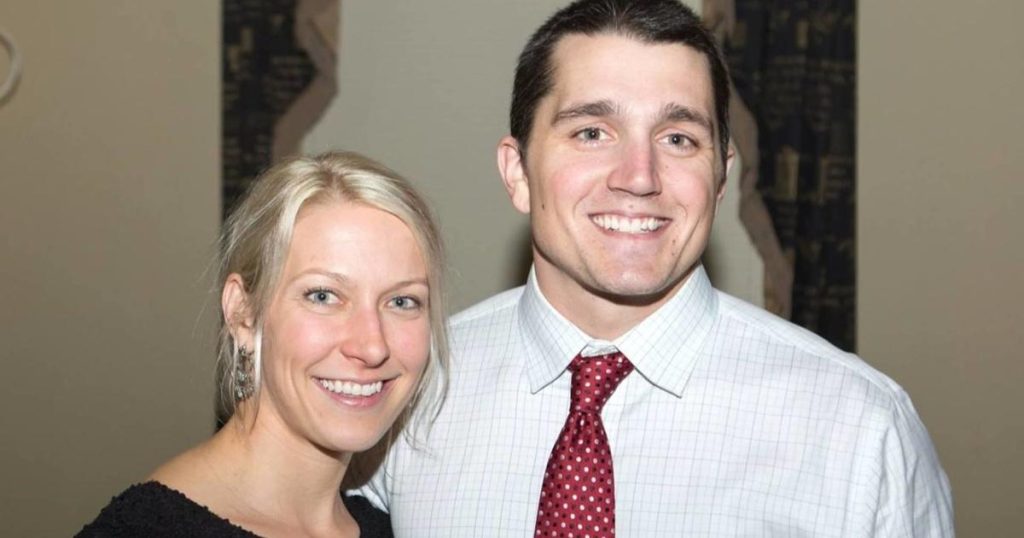On February 23, 2023, Becky Bliefnick, a mother of three boys, was found shot 14 times in her Quincy, Illinois home. Her murder deeply affected the prosecutors, Josh Jones and Laura Keck, who struggled to comprehend the brutal nature of her death. Becky’s family, including her sister Sarah Reilly and her husband Bret, were devastated by the news. Tim Bliefnick, Becky’s estranged husband, quickly became the prime suspect in her murder.
Tim and Becky had a tumultuous marriage that ended in divorce, with Tim filing for the dissolution of their marriage in January 2021. The divorce proceedings were fraught with disagreements over custody, finances, and allegations of emotional abuse. Becky had expressed fears about Tim’s behavior to friends and family members, and even sought an order of protection against him. Prior to her death, Becky sent messages indicating her suspicions of Tim harming her, prompting her family to believe he was responsible.
The investigation into Becky’s murder uncovered surveillance footage showing a suspicious person on a bike near her house before and after the murder. Tim Bliefnick’s behavior, such as researching license plates and manufacturing silencers, raised red flags for the prosecution. Evidence found in Tim’s home, including spent shell casings and DNA on plastic fragments, linked him to the crime scene. The trial began with compelling evidence presented by both sides, and despite a hung jury during deliberation, Tim was eventually convicted of first-degree murder.
Tim Bliefnick received a sentence of life in prison without the possibility of parole. The judgment offered some closure to Becky’s family and friends, who now focus on raising her three boys and honoring Becky’s memory. They hope her story will inspire positive change and raise awareness about domestic violence. While justice may never bring Becky back, her legacy lives on through the love and support she instilled in her family. The case serves as a reminder of the devastating impact of domestic violence and the importance of believing and supporting victims.


